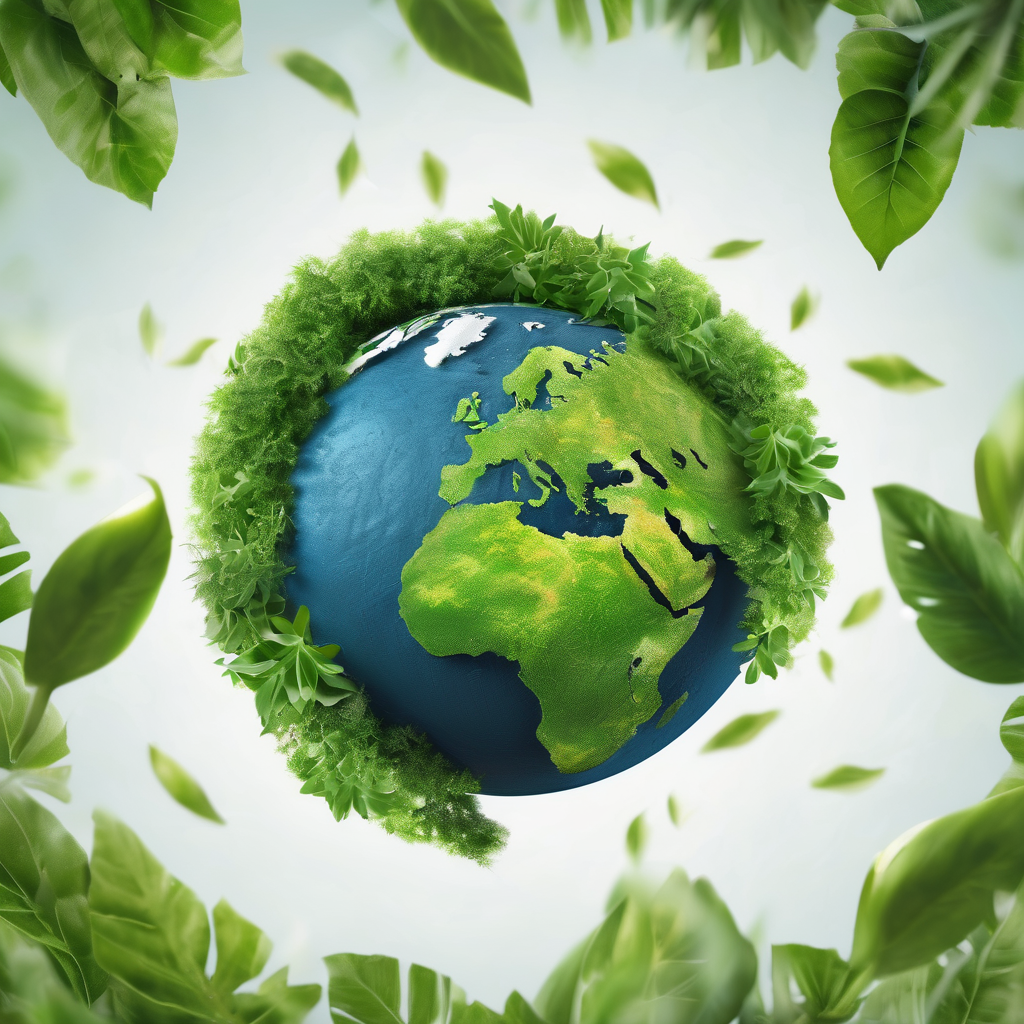Papua New Guinea’s Prime Minister, James Marape, has taken a critical stance on the ongoing COP climate summits, labeling them as “long on talk and short on action.” Despite his previous withdrawal from the 2024 summit in protest against the inaction of more developed nations, he has decided to attend the upcoming COP30 meeting of world leaders in Brazil.
Scheduled for November 10 in Belém, Brazil, Marape expressed cautious optimism regarding recent “encouraging signs” from developed nations about climate finance, which influenced his choice to participate this year. “I did not attend COP29 because these meetings were often long on talk and short on action,” he stated, emphasizing his hope for more impactful outcomes at COP30. As a nation both severely affected by climate change and rich in natural solutions, Papua New Guinea aims to advocate for equitable climate financing for local landowners and greater recognition of its vital forests and oceans.
His remarks reflect a broader sentiment expressed by UN Secretary-General António Guterres, who recently criticized major carbon-emitting nations for prioritizing fossil fuel interests over public welfare. Guterres warned that failure to remain within the critical 1.5 degrees Celsius limit established by the Paris Agreement would represent a “moral failure and deadly negligence” with grave consequences for the planet.
Marape highlighted the unique position of Papua New Guinea as one of the most vulnerable countries to climate change, all while being home to a significant portion of the world’s third-largest rainforest. He called for increased collaboration with Brazil in important sectors such as agriculture, energy, and technology, including plans to bolster hydropower capabilities and promote PNG’s liquefied natural gas (LNG) to regional partners.
Additionally, Marape showed support for a joint Australia-Pacific initiative to host COP31 in 2026, amid criticisms of Australian Prime Minister Anthony Albanese for not attending this year’s summit. Environmental activists in Papua New Guinea are keenly observing the developments at COP30, with voices like Pamela Avusi from the Environmental Alliance stressing the necessity for the PNG government to combat illegal and unsustainable logging practices that threaten environmental integrity.
As discussions on climate action progress, there remains an optimistic hope for genuine collaboration and commitment from both developed and developing nations. The forthcoming COP30 presents a significant opportunity for meaningful dialogue and action, echoing the urgent appeals of Pacific nations committed to environmental justice and sustainable practices.
